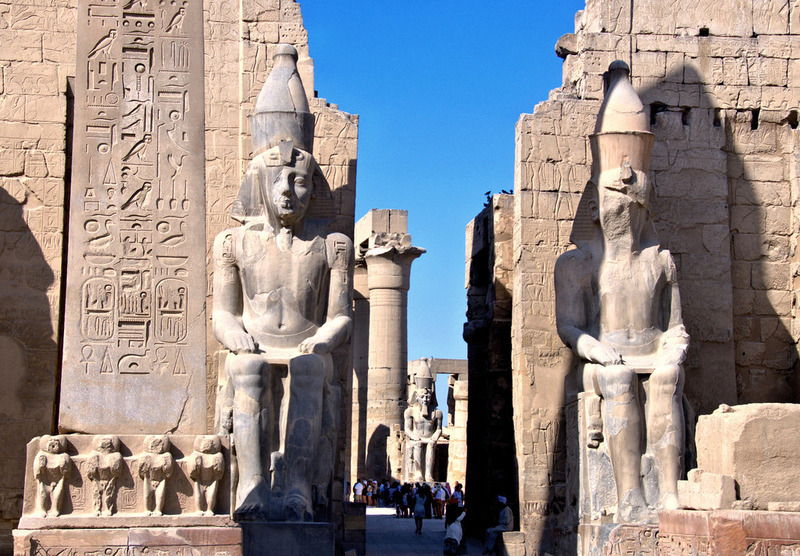- Home
- Egypt Blogger
- Egypt Tour Frequently Asked Questions
- Common Misconceptions About Egypt

- On 24 Sep 2025
- In Egypt Tour Frequently Asked Questions
- Tags Common Misconceptions About Egypt
Common Misconceptions About Egypt
Common Misconceptions About Egypt
Egypt is a country that has fascinated the world for centuries — with its ancient pyramids, grand temples, and mysterious pharaohs. But despite its global recognition, there are still many misconceptions about Egypt that continue to circulate, especially among first-time travelers or those who’ve never visited the region.
In this blog, we’ll shed light on the common misconceptions about Egypt and reveal the truth behind these long-held myths.
1. Egypt is Just a Desert with Pyramids
One of the most widespread misconceptions about Egypt is that it’s only desert and pyramids. While Egypt is home to the world-famous Giza Pyramids, the country offers so much more — from the Mediterranean beaches of Alexandria to the lush farmlands along the Nile Valley, and even modern urban life in Cairo.
Reality: Egypt is geographically diverse, with cities, beaches, mountains, oases, and rich agricultural land.
2. Egypt is Not Safe for Tourists
Due to media portrayal and political events in the past, many people believe Egypt is unsafe. However, millions of tourists visit each year without any issues.
Reality: Tourist areas in Egypt are generally safe, with tight security in historical and touristic zones. Like any destination, staying alert and following local advice is key.
3. Women Shouldn’t Travel Alone in Egypt
Another one of the common misconceptions about Egypt is that it's unsafe or inappropriate for solo female travelers.
Reality: While cultural differences exist, many women travel alone in Egypt successfully. Respecting local customs, dressing modestly, and staying in public or tourist-friendly areas helps ensure a smooth experience.
4. Egyptians Still Live in Pyramids or Ride Camels Everywhere
This is a humorous but surprisingly persistent myth. Some people genuinely think modern Egyptians live like ancient pharaohs.
Reality: Egyptians live in cities, towns, and villages like people everywhere else. Camels are mainly used in tourist areas like the Giza Plateau — not as everyday transportation.
5. Egypt is an Arab Country with No African Identity
Egypt is often categorized only as part of the Arab world, neglecting its African roots.
Reality: Egypt is both Arab and African. It’s located in North Africa, and its history and culture are deeply tied to the African continent.
6. Ancient Egypt and Modern Egypt Are the Same
Some people expect to find ancient temples and mummies on every street corner. While ancient Egypt is a huge part of the country’s identity, it's only one layer of a long, complex history.
Reality: Egypt today is a modern country with contemporary art, music, technology, and education — alongside its ancient heritage.
7. You Can See All of Egypt in a Few Days
Because most people only hear about Cairo and Luxor, they assume Egypt can be fully explored in a short trip.
Reality: Egypt is a vast country with many regions worth visiting — Aswan, Alexandria, the Red Sea resorts (like Sharm El-Sheikh and Hurghada), the Siwa Oasis, and more. A week is just a taste!
8. Everyone Speaks Ancient Egyptian or Only Arabic
Some believe the Egyptian language spoken today is the same as what the pharaohs used.
Reality: Ancient Egyptian is no longer spoken. Modern Egyptians speak Arabic, and many also speak English or French, especially in tourist areas.
